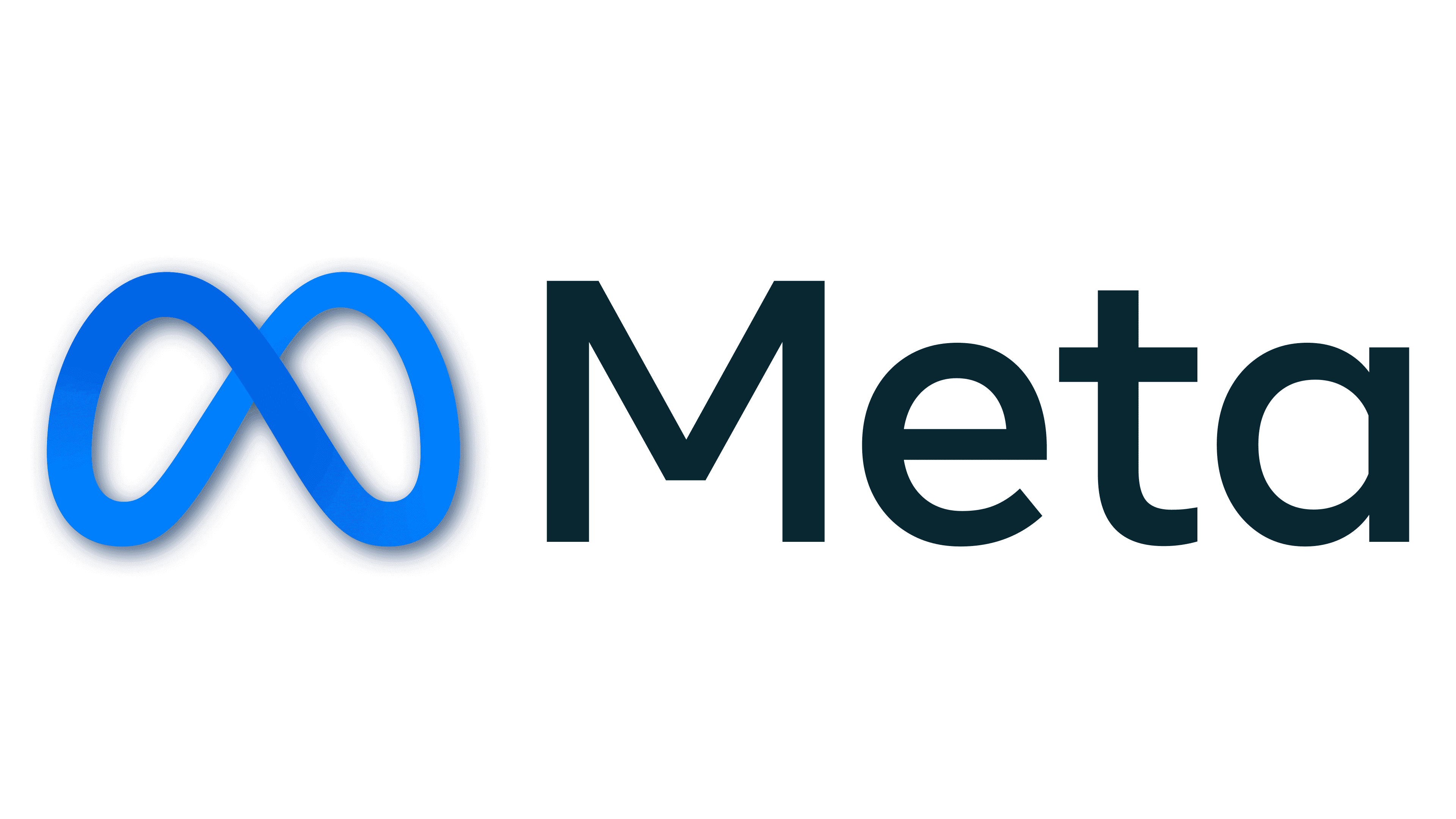Enacted amidst an ongoing conflict with Meta, the Online News Act in Canada requires major tech companies to compensate news outlets for their content. Seen by some as a transformative measure, the law establishes a lasting framework for a continuous flow of financial support from tech giants to Canada’s struggling journalism industry. Despite receiving praise, the legislation faces opposition from Google and Meta, the only two companies large enough to fall under its purview. In response, Meta blocked news access on Facebook and Instagram for Canadians during the summer. While Google initially seemed poised to follow suit, after extended negotiations, the federal government successfully brokered a deal with the search giant, securing an annual payment of C$100 million ($75 million; £59 million) to Canadian news outlets.
Canada introduced Bill C-18, officially known as the Online News Act, with the aim of promoting fairness for news publishers by providing a mechanism for compensation from tech giants. The legislation is applicable to companies operating social media platforms or search engine websites in Canada, where news dissemination is prevalent, and having a global revenue exceeding C$1 billion in a calendar year. Additionally, these platforms must attract a monthly average of 20 million Canadian visitors or active users. Eligible media outlets, with an online presence in Canada, can receive funds. The required financial arrangements involve tech companies negotiating agreements with individual outlets or establishing a single agreement where multiple news organizations receive a percentage of the allocated funds.
In the singular agreement reached between the government and Google, for instance, broadcasters stand to receive up to 30% of the allocated funds, with 7% earmarked for Canada’s public broadcaster, the CBC. The majority of the funding is designated for print and online media, with the specific amount contingent on the number of full-time employees these outlets employ.
Australia implemented comparable legislation in 2021, prompting Meta to briefly block news access before ceasing such actions following amendments to the law. Since then, both Google and Meta have engaged in negotiations with Australian media companies, reaching several agreements. Meanwhile, countries such as the UK and the US have indicated their potential consideration of similar laws.
In Canada, failure to comply with the law can result in fines imposed by the regulatory body overseeing media and communication. A first offence may incur a fine of up to C$10 million, and subsequent violations could lead to penalties of up to C$50 million each.



